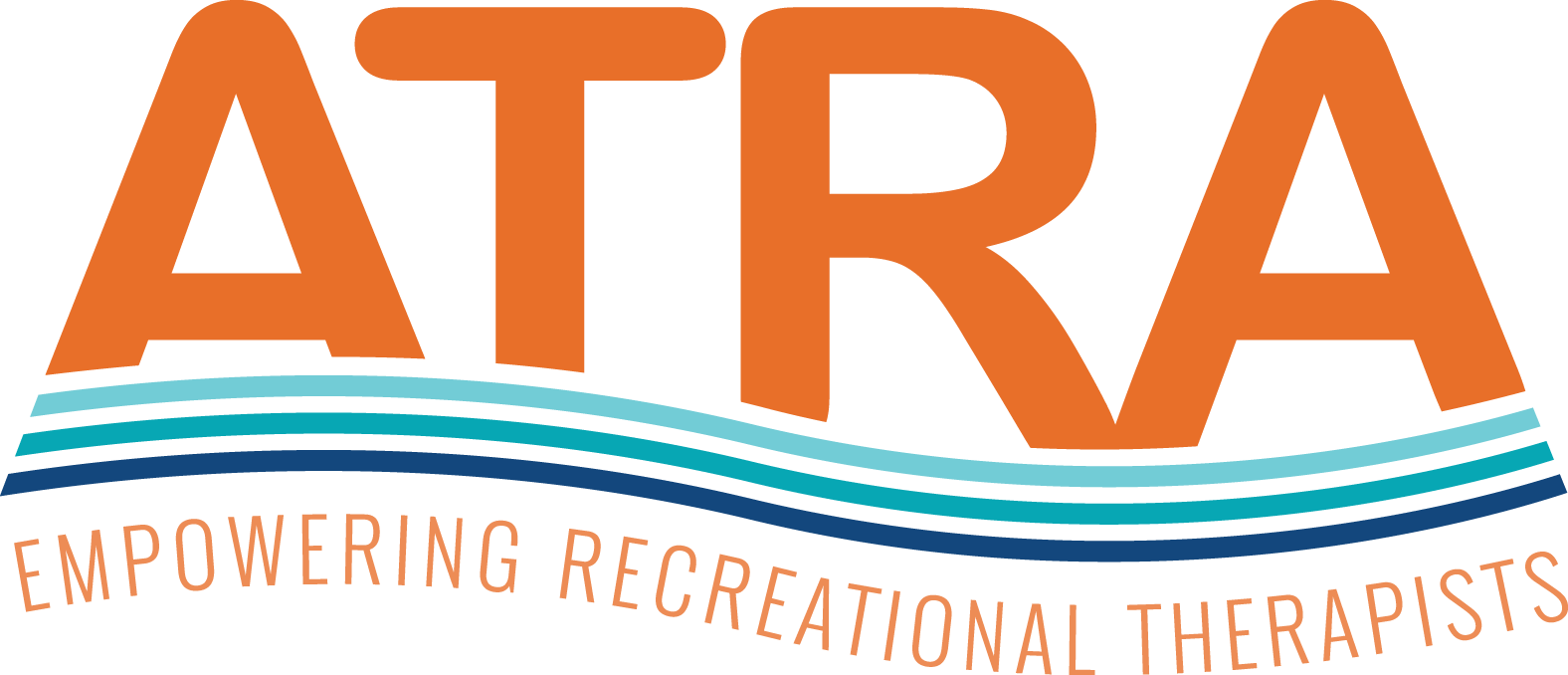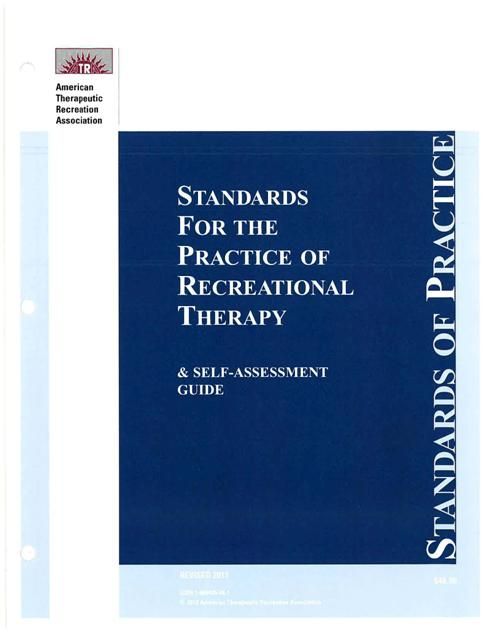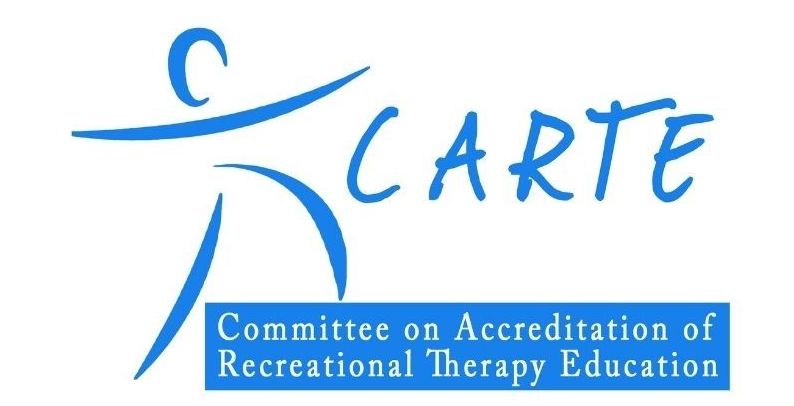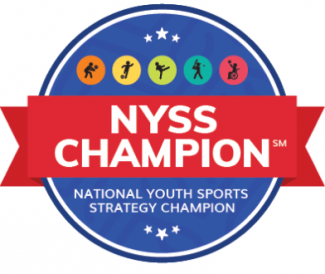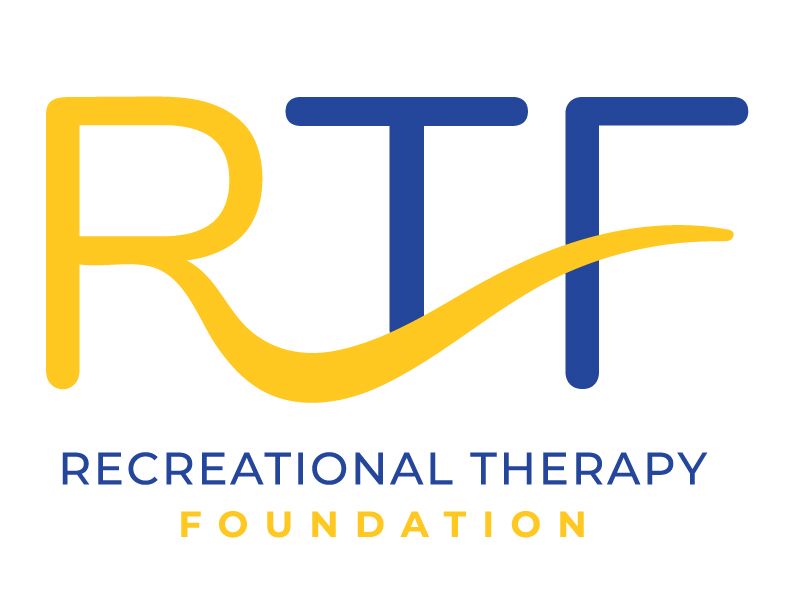
Standards of Practice of Recreational Therapy
The ATRA Standards for the Practice of Recreational Therapy & Self-Assessment Guide, published in 2013 (revised in 2015), consists of 12 standards and the Self-Assessment Guide (SOP/SAG). The manual was written in a format that provides a comprehensive description of recreational therapy practice, consistent with requirements of accrediting and regulatory agencies and quality recreational therapy practice. Each of the 12 standards include of a rational, structure criteria, which reflects the parameters of practice (facilities, resources etc); process criteria, which focus on the provision of services (practitioner-patient/client interaction, intervention strategies, etc.) and outcome criteria, which reflects the achievement or change in patient/client condition (improved functional level, satisfaction, etc.) resulting from recreational therapy practice.
The Self-Assessment Guide includes the data collection instruments, methodology and scoring worksheets to be used to evaluate compliance of recreational therapy practice with the standards and criteria and to determine opportunities to improve compliance.
The information posted provides the reader with an overview of each of the standards and the rationale for each standard to provide the reader with a general awareness of scope and breadth of the standards of practice. Not posted are the structure, process and outcome criteria for each standard. These structure, process and outcome criteria further define requirements and implementation of the standards and are essential components of the standards for recreational therapy practice.
The Standards of Practice Committee recommends every recreational therapy professional have a copy of the ATRA Standards for the Practice of Recreational Therapy & Self-Assessment Guide and attend trainings provided at conferences to enhance their knowledge and increase their compliance with the standards and criteria.
Increased compliance with the ATRA SOP-RT will improve the consistency and predictability of outcomes achieved through recreational therapy practice and will improve patient/client functioning, independence in life activities and patient/client and other stakeholder’s satisfaction with recreational therapy.
The ATRA SOP is considered to have a high degree of validity, and the self-assessment guide is considered to have reasonable reliability when data collection, for assessment of compliance, is controlled. The internal consistency of the SOP standards and criteria with regulatory requirements and standards of regulatory and accreditation agencies is considered to be very high. It has been demonstrated through several compliance training workshops that, when recreational therapists use the Self-Assessment Guide and data collection instruments to evaluate compliance and develop compliance improvement plans, compliance with all of the standards is achievable and significantly improves the quality of recreational therapy services provided. Those who have received training on the rationale for the standards and criteria and how to use the Self-Assessment Guide, to assess compliance with the SOP, give the ATRA SOP very high ratings for satisfaction and confidence related to quality recreational therapy practice in compliance with accreditation standards and requirements of regulatory agencies.
The 12 standards reflect levels of service provision for recreational therapy professionals to implement in a variety of settings. The Standards will assist the recreational therapy professional in assuring the systematic provision of quality recreational therapy services.
STANDARD 1: ASSESSMENT.
The recreational therapist receives and responds, consistent with standards, regulatory requirements and policies for the setting, to requests, including referrals and physician orders, for assessment and treatment; and conducts an individualized assessment to collect systematic, comprehensive and accurate data necessary to determine a course of action and subsequent individualized treatment plan. Under the clinical supervision of the recreational therapist, the recreational therapy assistant, commensurate with qualifications, assessed competency and defined clinical supervision, assists the recreational therapist in collecting systematic, comprehensive and accurate data.
STANDARD 2: TREATMENT PLANNING.
The recreational therapist plans and develops an individualized treatment plan that identifies goals and evidence-based treatment intervention strategies. The recreational therapy assistant, commensurate with qualifications, assessed competency and defined clinical supervision, helps the recreational therapist to plan and develop the individualized treatment plan.
STANDARD 3: PLAN IMPLEMENTATION.
The recreational therapist implements an individualized treatment plan, using evidence-based practice, to restore, remediate or rehabilitate functional abilities in order to improve and maintain independence and quality of life as well as to reduce or eliminate activity limitations and restrictions to participation in life situations caused by an illness or disabling condition. Implementation of the treatment plan by the recreational therapist is consistent with the overall or interdisciplinary patient/client treatment program. Under the clinical supervision of the recreational therapist, the recreational therapy assistant leads activities and engages patients/clients, individuals and/or groups, to achieve treatment goals and objectives.
STANDARD 4: RE-ASSESSMENT AND EVALUATION.
The recreational therapist systematically re-assesses, evaluates and compares the patient’s/client’s progress relative to the individualized treatment plan. The treatment plan is revised based upon changes in the interventions, diagnosis and patient/client responses. Under the clinical supervision of the recreational therapist, the recreational therapy assistant assists in the evaluation of the individualized treatment plan.
STANDARD 5: DISCHARGE/TRANSITION PLANNING.
The recreational therapist develops a discharge plan in collaboration with the patient/client, family, significant others and treatment team members in order to discharge the patient/client or to continue treatment and aftercare, as needed. Under the clinical supervision of the recreational therapist, the recreational therapy assistant assists in the development of the discharge plan.
STANDARD 6: PREVENTION, SAFETY PLANNING AND RISK MANAGEMENT.
The recreational therapist systematically plans to improve patient/client and staff safety by planning for prevention and reduction of risks in order to prevent injury and reduce potential or actual harm. The recreational therapy assistant, commensurate with qualifications, assessed competency and defined clinical supervision, helps the recreational therapist to improve patient/client safety and to plan to improve safety and risk management.
STANDARD 7: ETHICAL CONDUCT.
The recreational therapist and the recreational therapy assistant adhere to the ATRA Code of Ethics in providing patient/client treatment and care that are humane and professional.
STANDARD 8: WRITTEN PLAN OF OPERATION.
Recreational therapy treatment and care is governed by a written plan of operation that is based upon the ATRA Standards for the Practice of Recreational Therapy, state and federal laws and regulations, requirements of regulatory and accrediting agencies, payers and employer’s policies and procedures as appropriate.
STANDARD 9: STAFF QUALIFICATIONS AND COMPETENCY ASSESSMENT.
Recreational therapy staff meet the defined qualifications, demonstrate competency, maintain appropriate credentials and have opportunities for competency development.
STANDARD 10: QUALITY IMPROVEMENT.
There exist objective and systematic processes for continuously improving patient/client safety and for identifying opportunities to improve recreational therapy treatment and care and patient/client outcomes.
STANDARD 11: RESOURCE MANAGEMENT.
Recreational therapy treatment and care are provided in an effective and efficient manner that reflects the reasonable and appropriate use of resources.
STANDARD 12: PROGRAM EVALUATION AND RESEARCH.
Recreational therapy staff engages in routine, systematic program evaluation and research for the purpose of determining the appropriateness and effectiveness of recreational therapy treatment and care provided.
WANT TO KNOW MORE?
Learn about the history of the Standards of Practice
The Standards for the Practice of Therapeutic Recreation (SOP) were authored and edited by Ann Huston, Bob Riley, Glen Van Andel and Ray West after a review of related professional literature and membership reviews, using a modified Delphi Review to solicit membership input from a significant number of ATRA members and non-members. Standards and criteria contained in the SOP were developed, based upon the review of related professional literature and best recreational therapy practices, to be, at minimum, compliant with standards and requirements of accreditation and regulatory agencies. With approval of the authors, the standards and criteria were first published by ATRA in 1991 as the ATRA Standards for the Practice of Therapeutic Recreation.
Over the years, the original authors and members of the SOP Committee became ex-officio members of the committee, but continued to participate in review and or revisions of the content of the standards of practice along with new members of the SOP committee. The authors revised the standards of practice to include standards and criteria for therapeutic recreation assistants, a compliance rating scale and a self-assessment guide which ATRA published in 1993, with approval of the authors, as the ATRA Standards for the Practice of Therapeutic Recreation & Self-Assessment Guide. Jim Barrett joined the SOP Team in 1997 and became Chair in 2000. Additional revisions to the SOP were made by the authors to include data collection instruments and methodology and a Patient Bill of Rights. This revision of the SOP was published by ATRA in 2000, with approval of the authors, as the ATRA Standards for the Practice of Therapeutic Recreation & Self-Assessment Guide, Revised 2000. Marcia Smith joined the SOP Team in 2003 and became co-chair in 2004.
The content of the ATRA SOP is considered to have a high degree of validity, and the self-assessment guide is considered to have reasonable reliability when data collection, for assessment of compliance, is controlled. The SOP standards and criteria have a high degree of consistency with standards of accreditation agencies and requirements of regulatory agencies. It has been demonstrated through several SOP compliance training workshops that, when recreational therapists use the SOP Self-Assessment Guide and data collection instruments to evaluate compliance and develop compliance improvement plans, compliance with all of the standards is achievable and significantly improves the quality of recreational therapy services provided. Those who have received training on the rationale for the standards and criteria and how to use the Self-Assessment Guide, to assess compliance with the SOP, give the ATRA SOP very high ratings for satisfaction and confidence related to providing quality recreational therapy practice in compliance with accreditation standards and requirements of regulatory agencies. Feedback on the ATRA SOP from stakeholders outside of the recreational therapy profession, including JC and CARF surveyors, has been very positive and highly complementary of the usefulness of the SOP in preparing for accreditation surveys. The SOP have always represented the minimal requirements (regulatory and accreditation) for the practice of recreational therapy, but are also considered a model of best practice for recreational therapy. It is generally accepted that adherence to the ATRA SOP, while voluntary, will improve recreational therapy practice to the level of requirements and standards of regulatory and accreditation agencies.
